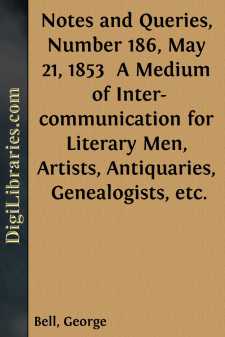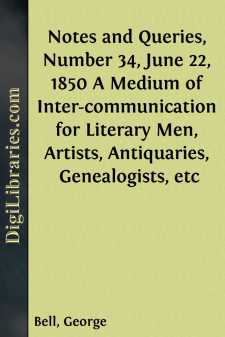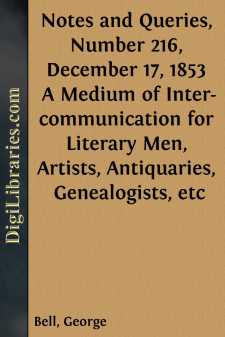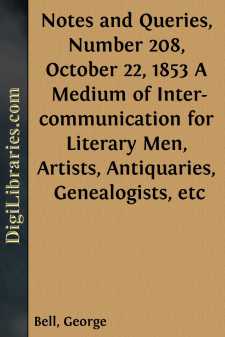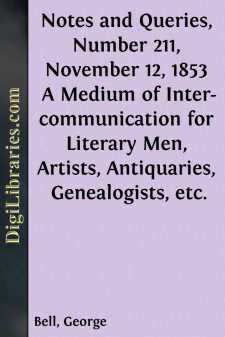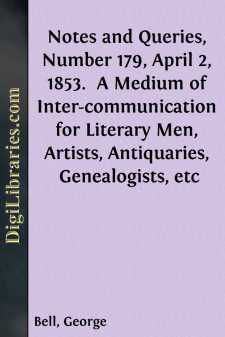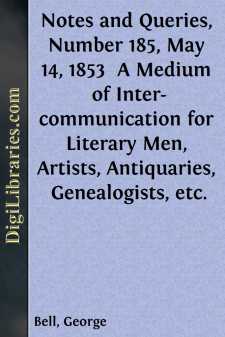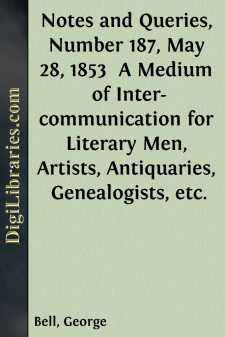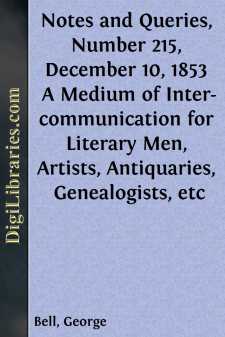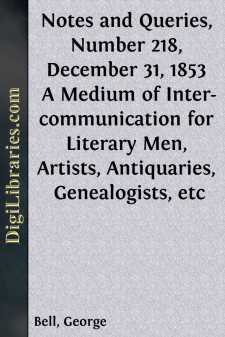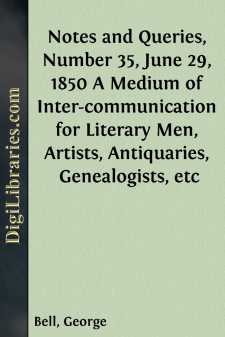Categories
- Antiques & Collectibles 13
- Architecture 36
- Art 48
- Bibles 22
- Biography & Autobiography 816
- Body, Mind & Spirit 145
- Business & Economics 28
- Children's Books 17
- Children's Fiction 14
- Computers 4
- Cooking 94
- Crafts & Hobbies 4
- Drama 346
- Education 58
- Family & Relationships 59
- Fiction 11834
- Foreign Language Study 3
- Games 19
- Gardening 17
- Health & Fitness 34
- History 1378
- House & Home 1
- Humor 147
- Juvenile Fiction 1873
- Juvenile Nonfiction 202
- Language Arts & Disciplines 89
- Law 16
- Literary Collections 686
- Literary Criticism 179
- Mathematics 13
- Medical 41
- Music 40
- Nature 179
- Non-Classifiable 1768
- Performing Arts 7
- Periodicals 1453
- Philosophy 66
- Photography 2
- Poetry 897
- Political Science 203
- Psychology 45
- Reference 154
- Religion 516
- Science 126
- Self-Help 85
- Social Science 82
- Sports & Recreation 34
- Study Aids 3
- Technology & Engineering 59
- Transportation 23
- Travel 463
- True Crime 29
Our website is made possible by displaying online advertisements to our visitors.
Please consider supporting us by disabling your ad blocker.
Notes and Queries, Number 186, May 21, 1853 A Medium of Inter-communication for Literary Men, Artists, Antiquaries, Genealogists, etc.
by: George Bell
Categories:
Description:
Excerpt
LORD BACON'S "ADVANCEMENT OF LEARNING."
Considering the large number of quotations from previous writers which occur in Lord Bacon's works, and especially in his most popular and generally read works—his Essays and his Advancement of Learning—it is remarkable how little his editors have done for the illustration of his text in this respect. The French editors of Montaigne's Essays, who is likewise a writer abounding in quotations, have bestowed much care on this portion of their author's text. The defect in question has, however, been to a great extent supplied in a recent edition of the Advancement of Learning, published by Mr. Parker in West Strand; and it is to be hoped that the beginning, so usefully made, may be followed up by similar editions of other of Bacon's works.
The edition in question, though it traces the great majority of Bacon's quotations, has left some gleanings to its successors; and I propose now to call attention to a few passages of the Advancement of Learning which, after the labours of the late editor, seem still to require further elucidation. My references are to the pages of the new edition:—
P. 25. "Then grew the flowing and watery vein of Osorius the Portugal bishop to be in price."
The editor prints Orosius for Osorius, and adds this note:
"All the editions have Osorius, which, however, must be a mere misprint. He was not a Portuguese, but a Spaniard, born at Tarragona, nor indeed ever a bishop. He was sent by St. Augustine on a mission to Jerusalem, and is supposed to have died in Africa in the earlier part of the fifth century."
The text of Bacon is quite right. The allusion is not to Paulus Orosius, a Spaniard, who flourished at the beginning of the fifth century; but to Jerome Osorio, who was born at Lisbon in 1506, afterwards became Bishop of Silves, and died in 1580. His works were published at Rome in 1592, in 4 vols. folio. His principal work, De rebus Emanuelis Virtute et Auspicio gestis, which first appeared in 1571, was several times reprinted, and was translated into French and English.
P. 31. "Time, which is the author of authors."
In Nov. Org., i. 84., Time is called "Auctor auctorum, atque adeo omnis auctoritatis."
P. 34. "But of these conceits Aristotle speaketh seriously and wisely, when he saith, 'Qui respiciunt ad pauca de facili pronunciant."
The editor does not attempt to trace this passage. Query, If it is not in Aristotle, where is it to be found?
P. 60. "Ulysses, 'Qui vetulam prætulit immortalitati' is a figure of those which prefer custom and habit before all excellency."
The editor refers to Cic. de Orat., i. 44., where it is said that such is the love of country,
"Ut Ithacam illam, in asperrimis saxulis, tanquam nidulum, affixam, sapientissimus vir immortalitati anteponeret."
Another application of the saying is made by Bacon in his Essay VIII., "On Marriage and Single Life:"
"Grave natures, led by custom, and therefore constant, are commonly loving husbands, as was said of Ulysses, 'vetulam suam prætulit immortalitati.'"
The passage in Cicero does not agree with the dictum quoted by Bacon, which seems to be a reference to the Odyssey, v....


